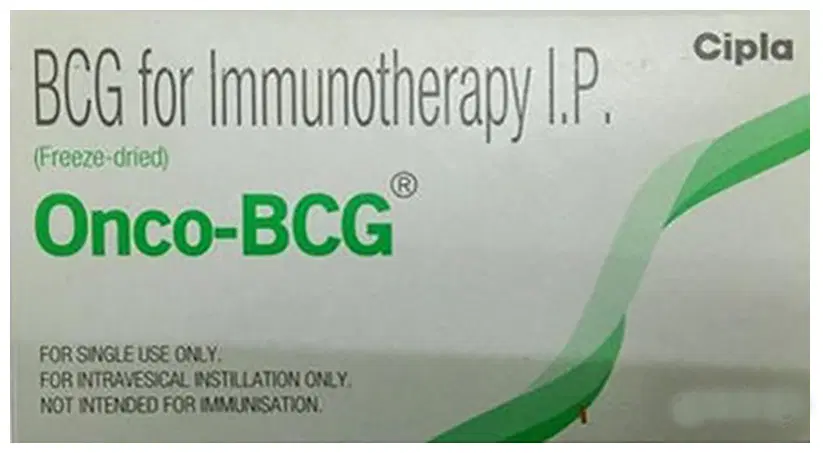Early-stage bladder cancer
Early-stage bladder cancer refers to the initial phases of bladder cancer, when the disease is confined to the innermost lining of the bladder. This stage typically includes superficial and invasive bladder cancer, with varying degrees of severity. Symptoms may include blood in urine (hematuria), urinary urgency, and pelvic discomfort.
Treatment for early-stage bladder cancer typically involves a combination of surgery, medication, and follow-up care. Surgery may include transurethral resection of bladder tumor (TURBT), where a small camera and instrument are inserted through the urethra to remove the cancerous tissue. For patients with invasive bladder cancer, intravesical therapy, such as BCG immunotherapy or chemotherapy, may be administered directly into the bladder to target the cancer cells. In some cases, radiation therapy and/or chemotherapy may also be utilized as adjuvant treatments to prevent the cancer from returning.
Medications commonly used to treat early-stage bladder cancer include:
Bacillus Calmette-Guérin (BCG): A live attenuated bacterial vaccine used as immunotherapy to stimulate the body’s immune response against cancer cells.
Intravesical chemotherapy agents: These include Mitomycin C, Doxorubicin, and Epirubicin, which are delivered directly into the bladder to target and kill cancer cells.
Please consult with a healthcare professional to determine the most appropriate treatment plan for your specific condition. Regular follow-up appointments and ongoing care are essential for monitoring and managing the progression of bladder cancer.

Showing the single result
Showing the single result


